What topics captured the attention of personal care formulators in 2015? Join us as we count down the 10 most-read articles on the Prospector Knowledge Center from last year…

#10. “Solubilizing Oils in Water” by George Deckner
Published in January 2014, this article covers a basic of formulating and continues to command a sizable readership amongst personal care formulators. If you haven’t checked out George Deckner’s super useful list of formulation tips, this article is a must-read.
Read the article…
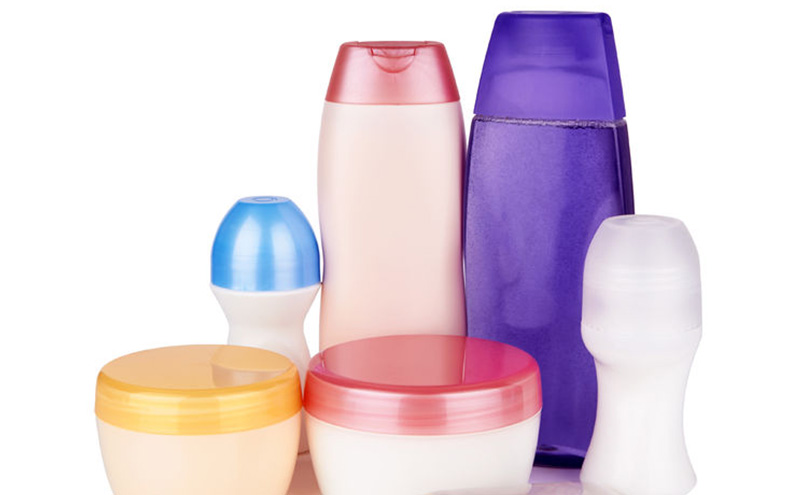
#9. “Phenoxyethanol: A Globally Approved Preservative” by George Deckner
From May 2015, this profile of one of the most commonly used globally-approved preservatives for personal care products breaks down the material’s properties and antimicrobial activity.
Read the article…

#8. “Microemulsions Explained” by George Deckner
What are microemulsions and how can they benefit your formulations? Get the 411 on these muti-phase systems that are being used in makeup removers, silicone-free conditioning shampoos and more from this September, 2015 article.
Read the article…

#7. “5 Ways to Reduce Formula Cost & Keep Consumers Happy” by Perry Romanowski
Most formulators will face a day when they’re asked to cut the cost of their best formulations. In this August, 2015 article, you’ll learn 5 strategies for maintaining performance while lowering cost.
Read the article…
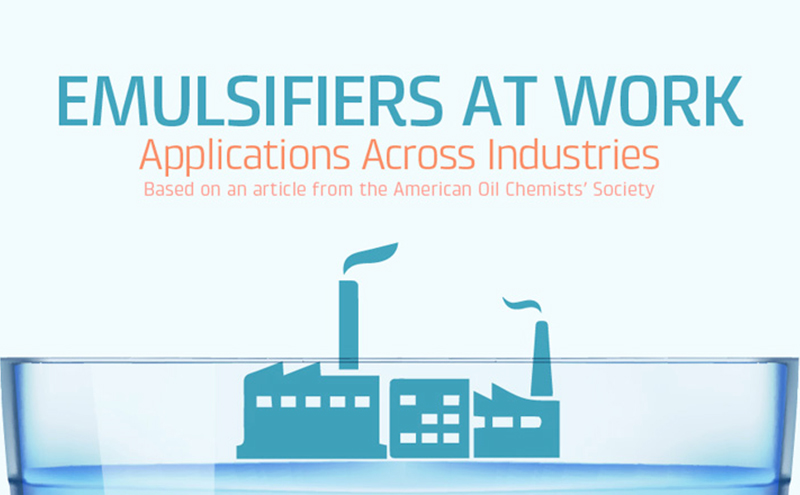
#6. “Emulsifiers at Work: Applications Across Industries (Infographic)”
This April 2015 infographic, based on an article from the American Oil Chemists Society, takes you on a visual tour of emulsifier basics, as well as how emulsifiers are used in the personal care and food industries.
Read the article…

#5. “7 Non-Formulating Skills Every Formulating Chemist Needs” by Perry Romanowski
Your skills as a trained chemist may be top notch, but professional success relies on much more than technical ability. This June 2015 article describes seven areas of development that could take your career to the next level.
Read the article…
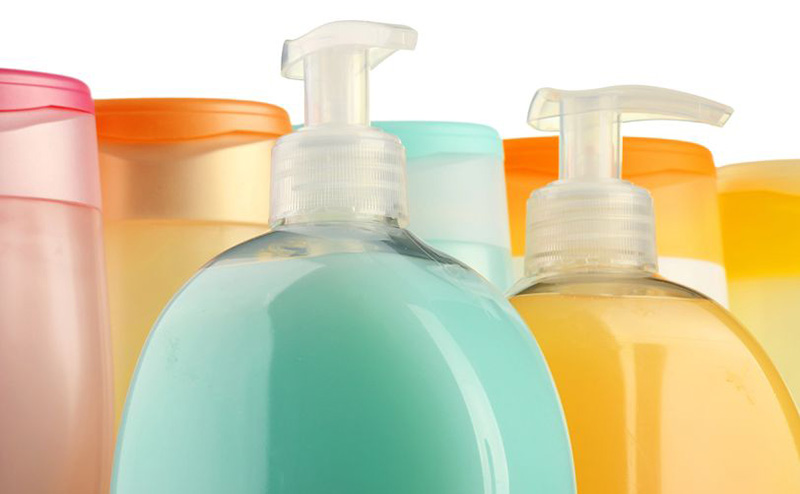
#4. “Formulating with Glyceryl Stearate” by George Decker
Glyceryl stearate is used in a broad range of personal care products, but, according to this February 2015 article, it’s a material that is not fully understood by formulators. You’ll learn more about glyceryl stearate, the available grades and more in this popular article.
Read the article…
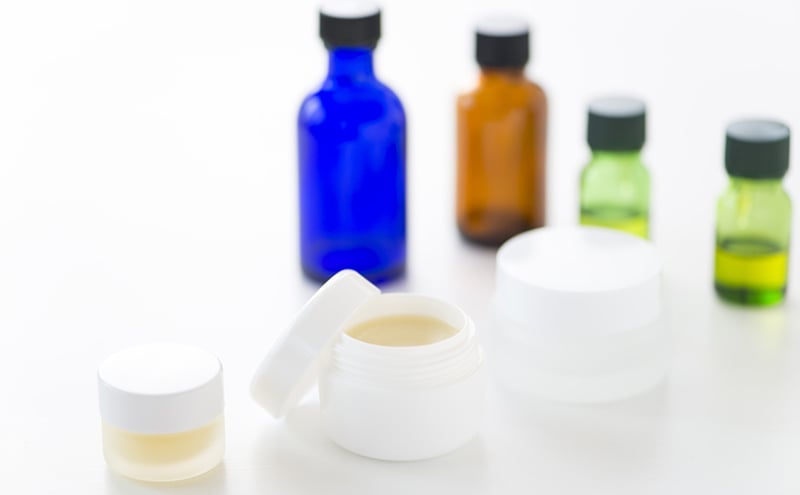
#3. “9 Cosmetic Ingredients that Actually Work” by Perry Romanowski
What ingredients have been proven to work in practice and not just in laboratory studies? This May 2015 article discusses five functional cosmetic actives and four functional OTC drug actives that are proven to work for specific conditions.
Read the article…
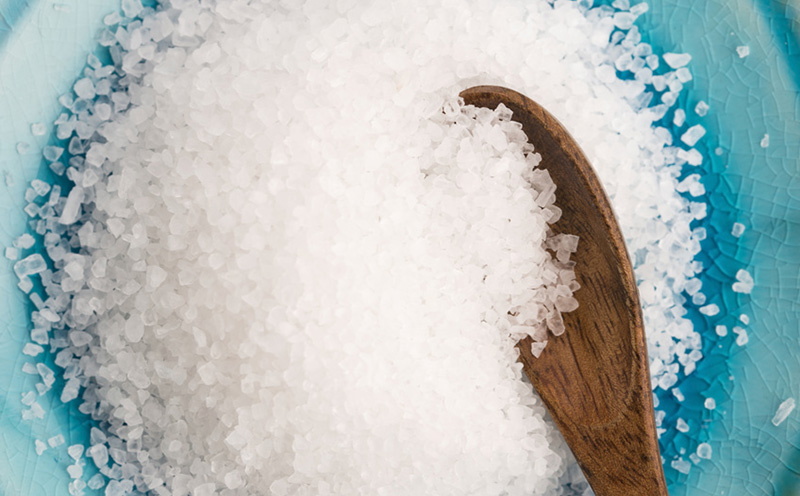
#2. “Thickening Surfactant Based Products” by George Decker
What’s the optimal thickener for your surfactant based product? Published in October 2015, this article by expert George Deckner covers the potential benefits of different classes of thickeners, as well as available thickening technologies.
Read the article…
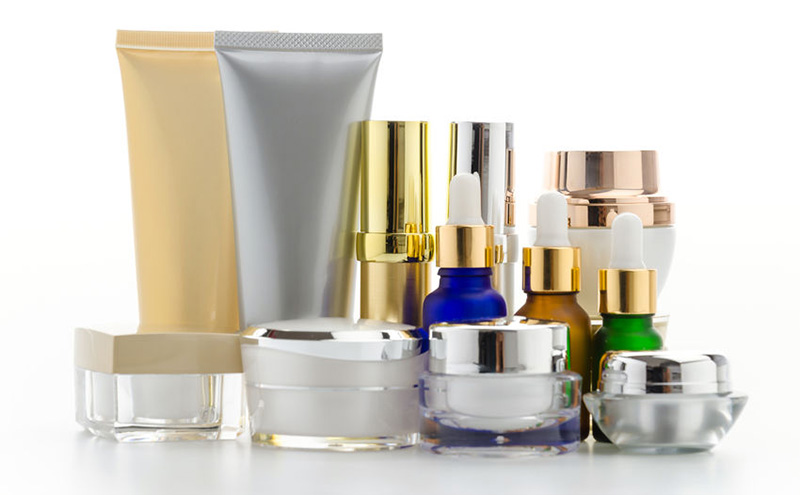
#1. “Cosmetic Formulator’s Guide to Stability Testing” by Perry Romanowski
In January 2015, we published this article from Perry Romanowski on an essential, yet often neglected, part of the formulation process. The article spurred a flurry of questions and requests for more help with learning how to perform stability testing. Here, you’ll learn the philosophy of stability testing, as well as the what, when, why and how, and don’t forget to check out the follow up webinar Prospector presented with Perry last May.
Read the article…
The views, opinions and technical analyses presented here are those of the author or advertiser, and are not necessarily those of ULProspector.com or UL Solutions. The appearance of this content in the UL Prospector Knowledge Center does not constitute an endorsement by UL Solutions or its affiliates.
All content is subject to copyright and may not be reproduced without prior authorization from UL Solutions or the content author.
The content has been made available for informational and educational purposes only. While the editors of this site may verify the accuracy of its content from time to time, we assume no responsibility for errors made by the author, editorial staff or any other contributor.
UL Solutions does not make any representations or warranties with respect to the accuracy, applicability, fitness or completeness of the content. UL Solutions does not warrant the performance, effectiveness or applicability of sites listed or linked to in any content.



nice